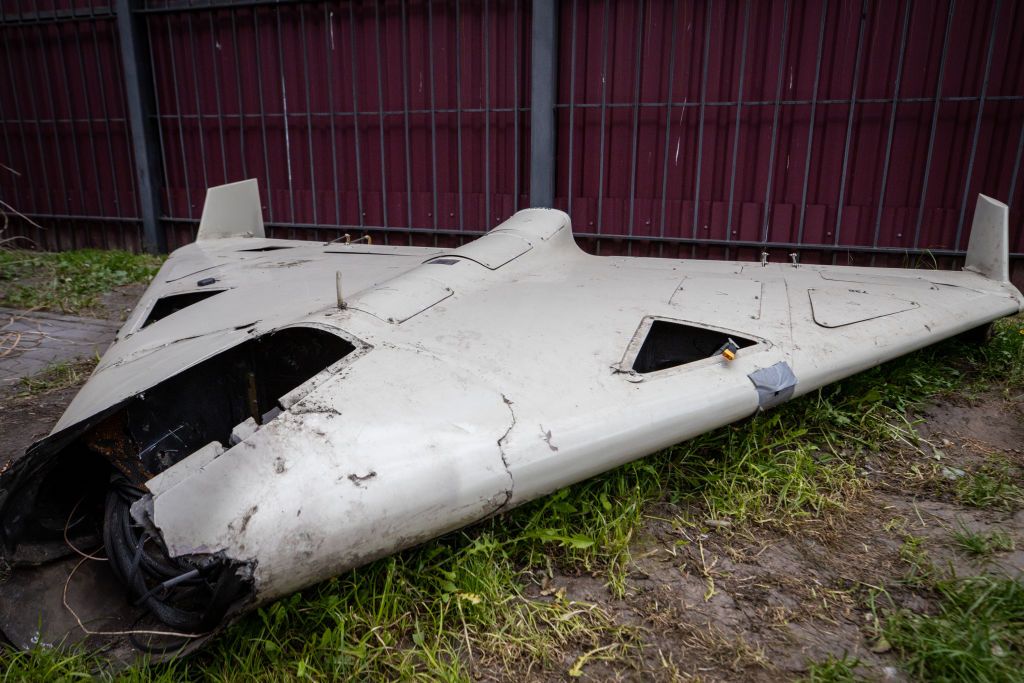Reuters: Ukraine refuses to remove Austrian Raiffeisen bank from 'sponsors of war' list

Ukraine's National Agency on Corruption Prevention (NACP) has refused to remove Austria's Raiffeisen Bank from the international sponsors of war list, citing the bank still not having a clear plan to leave the Russian market, Reuters reported on Feb. 15.
Raiffeisen Bank International (RBI) continues to operate in Russia, leading the NACP to include the bank on its list of international sponsors of war in March 2023.
The bank's inclusion on the list reportedly caused Austria to stall negotiations on the 12th package of EU sanctions against Russia in December 2023. Austria eventually supported the sanctions package after Ukraine temporarily suspended the bank from the list.
The NACP website now reads that the inclusion of the RBI in the international sponsors of war list is "suspended for the period of bilateral consultations involving representatives of the European Commission."
Reuters said it had seen a letter sent to Raiffeisen earlier in February, in which "Ukrainian officials questioned what the bank was doing to leave Russia, saying much of its plans were vague and incomplete."
The bank will not be fully removed from the list as "a number of blind spots still remain" and "the sale timeline is missing."
A Raiffeisen spokesperson told Reuters that the bank "could not give a timeframe for leaving Russia because this depended on the approval of regulators."
The bank has long-standing ties with Russia and is only one of only two foreign banks classified as "systemically important" by the Russian central bank.
The European Central Bank (ECB) urged Raiffeisen in March 2023 to devise an exit strategy for selling or shutting down the group's Russia branch of operations.
Czechia opened an investigation of RBI in August 2023 over its ongoing business activities in Russia, after the Czech Association for the Rights of Citizens and Entrepreneurs highlighted that Raiffeisen's Russia-based companies had paid up to $720 million from their profits to the Russian state budget in taxes.
The international sponsor of war list is designed to be "a powerful reputational tool" to encourage the exit of international business from Russia and reduce Moscow's financial ability to continue its war against Ukraine, the NACP explains on its website.














